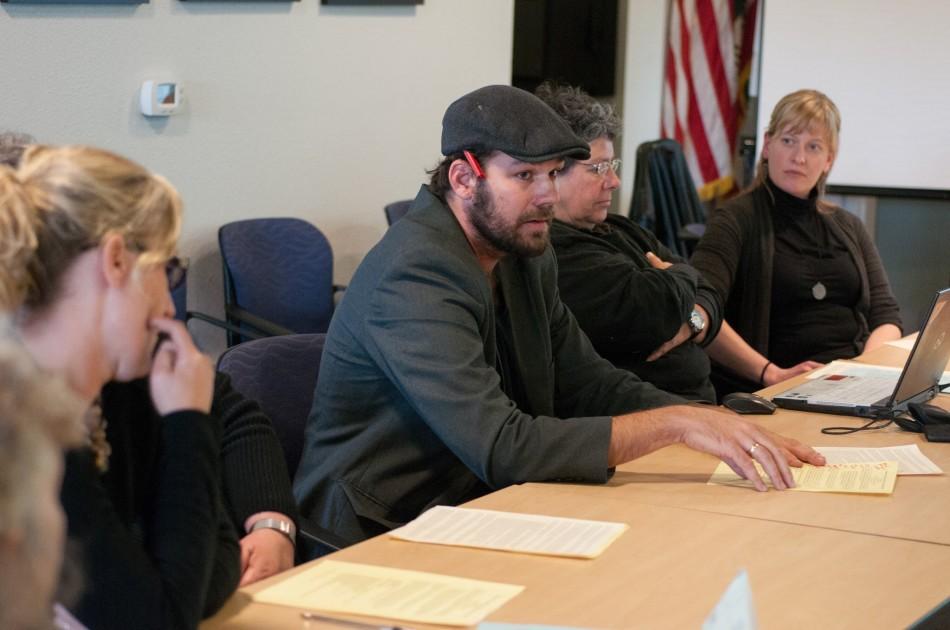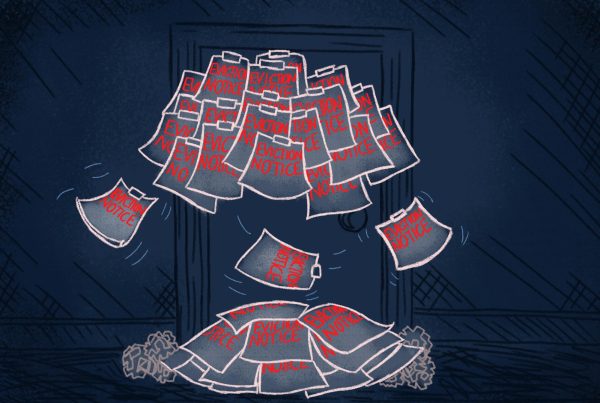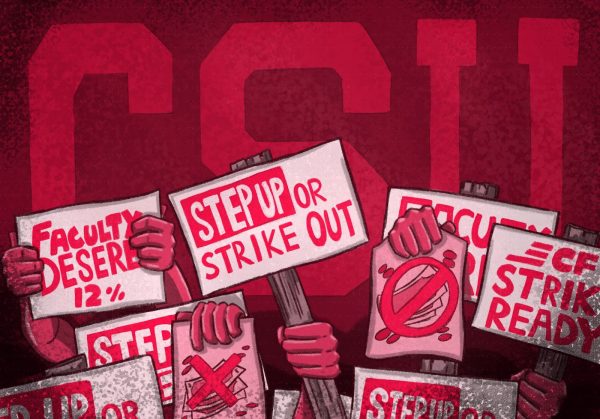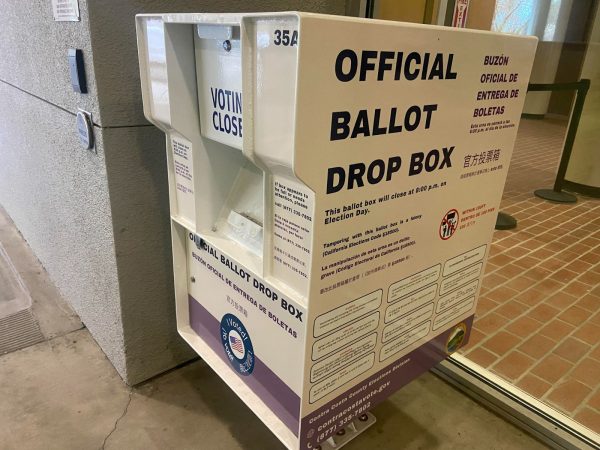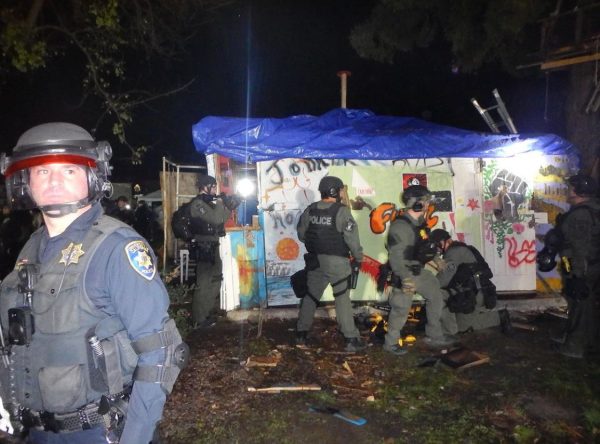Faculty denies resolution to make accreditation body more consistent
English instructor Adam Bessie speaks to the Faculty Senate Council regarding a draft resolution about the upcoming accreditation evaluation on Tuesday, Jan. 28, 2014.
February 21, 2014
With the events that have happened at City College of San Francisco, some DVC faculty are worried about the severity of the sanctions put forth by the Accrediting Commission for Community and Junior College.
The English department here at DVC, had brought a draft resolution to the attention of the faculty senate on Jan. 28. The resolution asked that the accrediting body be more transparent with their decision making and to show more uniformity in their evaluations. Unfortunately, at the meeting on Feb. 10, the resolution was denied.
Professor Adam Bessie described the resolution as essentially, “watching the watchmen.” It is a draft containing ideas that the English faculty put forward to help make the accrediting body more uniform with the infractions and sanctions that they place on community colleges.
Like City College, DVC had once been put on show cause.
Accreditation liaison Ted Wieden, explains what this phrase means to colleges.
“Show cause requires the college to, ‘show cause,’ why it should remain an accredited institution,” Wieden said. ” A college on show cause is still accredited, but must work to meet the [accreditation] requirements in order to stay accredited.”
His resolution would recommend that the U.S. Department of Education make the Accreditation Commission and Western Association of Schools and Colleges a joint accrediting commission so that there will be more structure within the Western region of the U.S. After this discussion, the faculty senate took this information back to their respective departments for possible review and opinions on the resolution.
In the week in between the next meeting, the majority of the faculty came back with a more unanimous, “no,” on the resolution.
Dr. John Freytag stated, “I think that the resolution was misdirected, unnecessarily adversarial, ill timed and that it wouldn’t have actually accomplished anything.”
Many of the departments stated the same opinion during the meeting, thus the resolution did not pass.
But with accreditation still scheduled for October of this year, people are left to question whether or not we should be worried about the safety of our accreditation status.
Wieden suggests an opportunity for students to get involved, work on developing writing and editing skills and to help the college.
“There are still college committees where student representation is possible, meaning that there are seats designated to students but no students have volunteered to serve,” Wieden said. “A good example is the accreditation advisory aroup, the body responsible for overseeing the college’s efforts to prepare our self evaluation report.”
For information on the accreditation process, contact [email protected].





































































